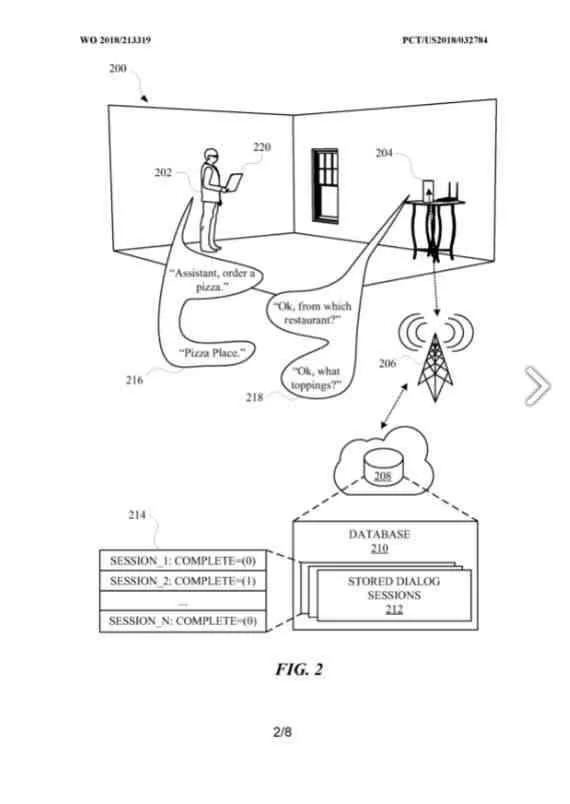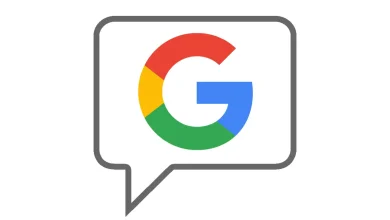When Did SEO Start? (Beginning and History of SEO)-SEO

SEO, or search engine optimization, is the practice of improving a website’s visibility and relevance for search engines and users. SEO can help websites rank higher for relevant keywords, drive more organic traffic, and increase conversions and revenue.
But when did SEO start?
How did it evolve from a simple concept to a complex and dynamic field? And what are the major milestones and events that shaped the history of SEO?
In this article, we will explain when SEO started and explore the origins and evolution of SEO from the early 1990s to today.
When Did SEO Start?
SEO started in 1997 when the first recorded usage of SEO, or search engine optimization, was used on the Internet with the emergence of the first web search engines and websites.
History of SEO
The Birth of SEO (1991-1997)
The first website was launched in 1991 by Tim Berners-Lee, the inventor of the World Wide Web. However, it was not until 1993 that the first web search engine, Wandex, was created by Matthew Gray. Wandex was followed by other early search engines, such as Aliweb, JumpStation, Infoseek, Lycos, Excite, Yahoo, and AltaVista.
These early search engines relied on simple algorithms that ranked web pages based on keywords and meta tags. They also used human-edited directories to categorize and list websites. However, they were not very sophisticated or accurate, and they were vulnerable to spam and manipulation.
The first recorded usage of the term “SEO” is dated back to 1997; however, there are two people who are credited for the invention of the term: Danny Sullivan and Boby Heyman.
Danny Sullivan started Search Engine Watch in 1996. In 1997, Sullivan sold it to Mecklermedia. According to this WayBackMachine article, the first use of the exact phrase “search engine optimization” occurred in May 1997 within a meta tag of a page called “Search Engine Design”.
According to Bob Heyman, author of Digital Engagement, the term SEO was coined in 1997 by the manager of the rock band Jefferson Starship, who wanted to improve the ranking of their website on search engines.
As you can see, the first use of the term SEO, or search engine optimization, is ambiguous; however, research indicates that it was first used in the year 1997.

The Rise of Google (1998-2003)
Google was founded in 1998 by Larry Page and Sergey Brin, two Stanford University students who developed a new algorithm called PageRank. PageRank measured the quality and quantity of links pointing to a web page, and used it as a signal of authority and relevance.
Google quickly became the most popular and dominant search engine in the world, thanks to its fast, accurate, and user-friendly results. Google also introduced several innovations and features that improved the search experience, such as Google Toolbar, Google AdWords, Google Images, Google News, Google Local, Google Suggest, etc.
Google also started to update its algorithm more frequently and secretly, making SEO more challenging and competitive. Some of the major algorithm updates that Google launched during this period were Boston (2003), Cassandra (2003), Dominic (2003), Fritz (2003), and Florida (2003).
The Era of SEO Content and Links (2004-2009)
As Google continued to dominate the search market, SEO became more focused on content and links. Content marketing emerged as a strategy to create and distribute valuable and relevant content that attracts and engages target audiences. Link building became a tactic to acquire high-quality and relevant links from other websites that boost authority and ranking.
Google also introduced several tools and services that helped SEOs and webmasters optimize their websites for search engines and users. Some of these tools and services were Google Analytics (2005), Google Webmaster Tools (now Google Search Console) (2006), Google Trends (2006), Google Sitemaps (now XML Sitemaps) (2006), etc.
Google also launched several algorithm updates that aimed to improve the quality and relevance of its results, such as Austin (2004), Brandy (2004), Bourbon (2005), Jagger (2005), Big Daddy (2006), Supplemental Index (2007), Dewey (2008), Vince (2009), and Caffeine (2009).
The Age of Social Media and Mobile (2010-2015)
The rise of social media platforms such as Facebook, Twitter, YouTube, Instagram, LinkedIn, Pinterest, etc, changed the way people discover and consume information online. Social media became a source of traffic, engagement, and influence for websites and brands.
Social media also became a factor in SEO, as some search engines started to consider social signals such as likes, shares, comments, etc., as indicators of popularity and relevance.
The growth of mobile devices such as smartphones and tablets also changed the way people search and browse the web. Mobile devices became the primary source of web traffic in many countries, surpassing desktop computers. Mobile devices also introduced new search behaviors and intents, such as voice search, local search, app search, etc.
Google responded to these changes by launching several tools and services that helped SEOs and webmasters optimize their websites for social media and mobile devices. Some of these tools and services were Google+ (2011), Google Authorship (2011), Google Mobile-Friendly Test (2014), and Google AMP (2015).
Google also launched several algorithm updates that aimed to improve the quality and relevance of its results for social media and mobile devices, such as Panda (2011), Penguin (2012), Hummingbird (2013), Pigeon (2014), Mobilegeddon (2015), and RankBrain (2015).
The Era of User Experience and Artificial Intelligence (2016-Present)
As Google continued to dominate the search market, SEO became more focused on user experience and artificial intelligence. User experience became a key factor in SEO, as Google started to reward websites that provide a fast, secure, and easy-to-use experience for users.
Artificial intelligence became a key driver in SEO, as Google started to use advanced machine learning and natural language processing techniques to understand and deliver better results for users.
Google also introduced several tools and services that helped SEOs and webmasters optimize their websites for user experience and artificial intelligence. Some of these tools and services were Google HTTPS Migration Guide (2016), Google Optimize (2016), Google Data Studio (2016), Google Lighthouse (2017), and Google BERT (2019).
Google also launched several algorithm updates that aimed to improve the quality and relevance of its results for user experience and artificial intelligence, such as Possum (2016), Fred (2017), Medic (2018), Core Web Vitals (2020-2021), Product Review Updates (2021-2023), Helpful Content Updates (2022), Spam Updates (2022-2023), and Core Updates (2019-2023).
Summary for When SEO Started
SEO started in 1997 when the first recorded usage of SEO, or search engine optimization, was used on the Internet with the emergence of the first web search engines and websites. Although the term “SEO” was not used yet, it officially began in the early 1990s with the emergence of the first web search engines and websites. SEO has since evolved from a simple concept to a complex and dynamic field over the years, influenced by various factors such as technology, user behavior, market trends, etc.

The Editorial Staff at SEO Chatter is a team of search engine optimization and digital marketing experts led by Stephen Hockman with more than 15 years of experience in search engine marketing. We publish guides on the fundamentals of SEO for beginner marketers.
#SEO #Start #Beginning #History #SEO





